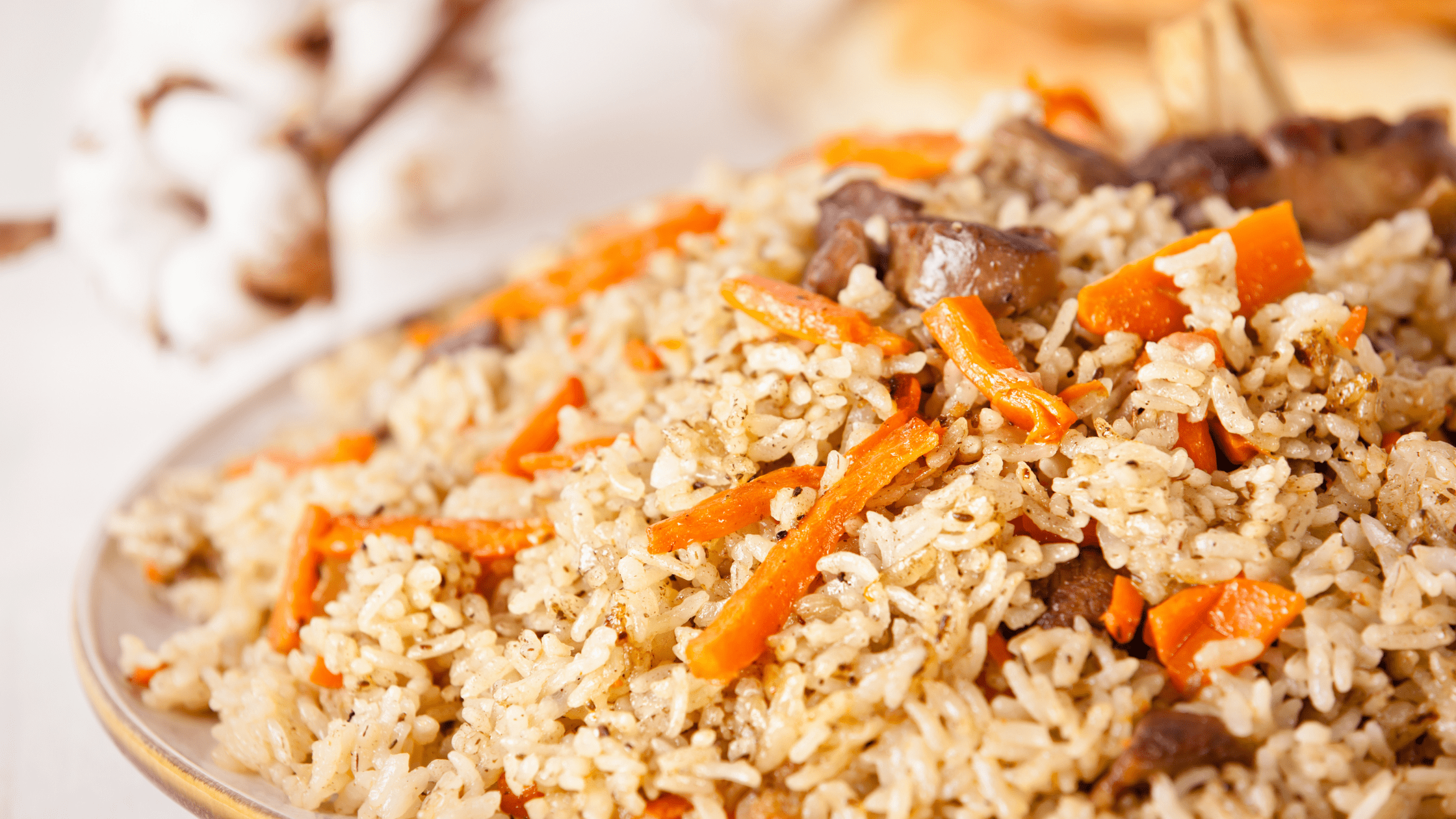Do you have a rice cooker? If not, then you’re missing out! A rice cooker is a great appliance to have in your kitchen because it makes cooking rice so easy. But how do you know when the rice is done? This comprehensive guide will tell you everything you need to know about knowing when your rice cooker is done. So read on and learn how to make perfect rice every time!
What to Look For When the Rice Cooker is Done
Ah, the rice cooker. That amazing little appliance that can cook rice to perfection with just the push of a button. But how do you know when the rice is done cooking? Here are a few things to look for:
- The rice should be tender and cooked through, not hard or crunchy.
- The water should be absorbed and there should be no water left in the pot.
- The rice should be fluffy and light, not clumpy or mushy.
If your rice meets all of these criteria, then it is done cooking and ready to enjoy! Bon appetit!
The Different Sounds Your Rice Cooker Will Make to Indicate it’s Done Cooking
A rice cooker is a handy kitchen appliance that can take the guesswork out of cooking perfect rice. But what do all those different sounds it makes mean? Here’s a quick guide to help you decode your rice cooker’s language.
First, there’s the beep. This sound indicates that your rice cooker has finished cooking and is now in warming mode. If you’re not ready to eat yet, no worries – your rice will stay warm for up to an hour.
Next, there’s the chirp. This sound means that your rice is done and ready to eat! If you hear this sound, it’s time to dig in.
Finally, there’s the cackle. This one is a little harder to decipher, but it basically means that your rice is overcooked and starting to burn. If you hear this sound, it’s time to unplug your rice cooker and start again.
So there you have it – a quick guide to understanding the sounds your rice cooker makes. With this knowledge, you can be sure to always have perfectly cooked rice on hand.
The Texture of the Cooked Rice
When the rice cooker is done cooking, the texture of the rice will be perfect. The rice will be fluffy and moist, and it will have a slightly chewy texture. It will also be slightly sticky, but this is normal. The stickiness helps the rice to hold together, and it also allows the rice to absorb flavor from other ingredients. When cooked properly, the rice will have a slight hint of sweetness. This is due to the natural sugars that are present in the rice. However, if the rice is overcooked, it will be dry and bland. Therefore, it is important to follow the instructions carefully when cooking rice.
How to Tell if the Rice is Cooked Through – Using a Toothpick or by Fluffing it With a Fork
There are a few tell-tale signs that your rice is cooked through and ready to eat. First, if you’re using a rice cooker, the machine will usually switch off or beep when the rice is done. If you’re cooking rice on the stovetop, you can check if it’s ready by inserting a toothpick into the center of the grains – if the toothpick meets no resistance, the rice is cooked. Another way to check if the rice is cooked is by fluffing it with a fork. If the grains are tender and fluffy, they’re done. Lastly, if there is still water left in the pot or pan after cooking, it means the rice isn’t fully cooked yet and needs more time. So, those are a few simple ways to tell if your rice is ready to eat!
Conclusion:
So there you have it, our comprehensive guide to knowing when your rice cooker is done. We hope this article was helpful and that you will be able to use these tips the next time you make a batch of rice. And remember, if all else fails just give it a little poke with a fork and if the rice feels cooked through then it probably is! Thanks for reading and happy cooking.


